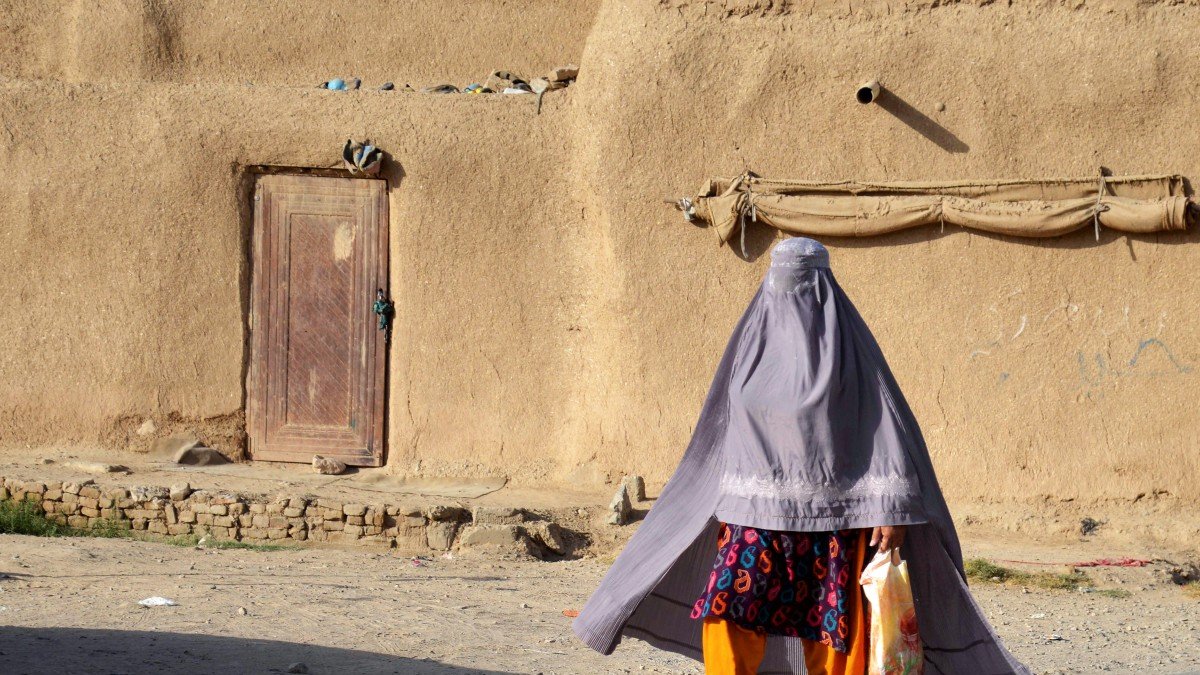Afghanistan: Taliban bans sound of women's voices in public, among other harsh restrictions
The Islamic regime issued a series of laws that further curtail the freedoms of Afghan citizens, especially women.

An Afghan woman in Kandahar, Afghanistan
The Taliban government in Afghanistan on Wednesday issued a series of laws aimed at further curtailing the freedoms of its citizens, including a ban on the sound of female voices in public.
The document, accessed by The Associated Press, is the first declaration of laws on virtue and vice issued by the Taliban since they took power in Afghanistan in 2021 following the chaotic U.S. withdrawal from the country.
It should be noted that in the same year the Taliban created the Ministry for the Propagation of Virtue and Prevention of Vice, which is in charge of regulating these measures.
Among the new rules, which were issued after being approved by Supreme Leader Hibatullah Akhundzada, it is also noted that women must cover their bodies in public spaces, mainly their faces, to avoid tempting themselves and others. They must also cover themselves in front of non-Muslim men and women so as not to corrupt themselves.
In addition, laws issued by the Islamic fundamentalist regime state that women must wear clothing that is neither tight-fitting nor short.
The rules even impose harsh restrictions on the sounds emitted by a woman, as their voices are considered to be intimate, so it is forbidden to listen to them singing, reading or reciting in public.
Women and men are also prohibited from looking at people of the opposite sex with whom they do not have a blood or marital tie.
Other prohibitions issued by the Taliban include the dissemination of images of living beings and the playing of music.
Regarding public transportation, the new rules prohibit drivers from transporting adult women without a legal male guardian and oblige passengers and drivers to perform prayers at designated times.
While most of the bans on women or those related to dress have already been in place in the country since 2021, these laws assume uniformity and rigorous punishment to ensure compliance.
The Taliban noted that the laws are formulated based on Shariah law, the Islamic legal system) and the Hanafi school, which follows the strictest interpretations of Islamic law.
























